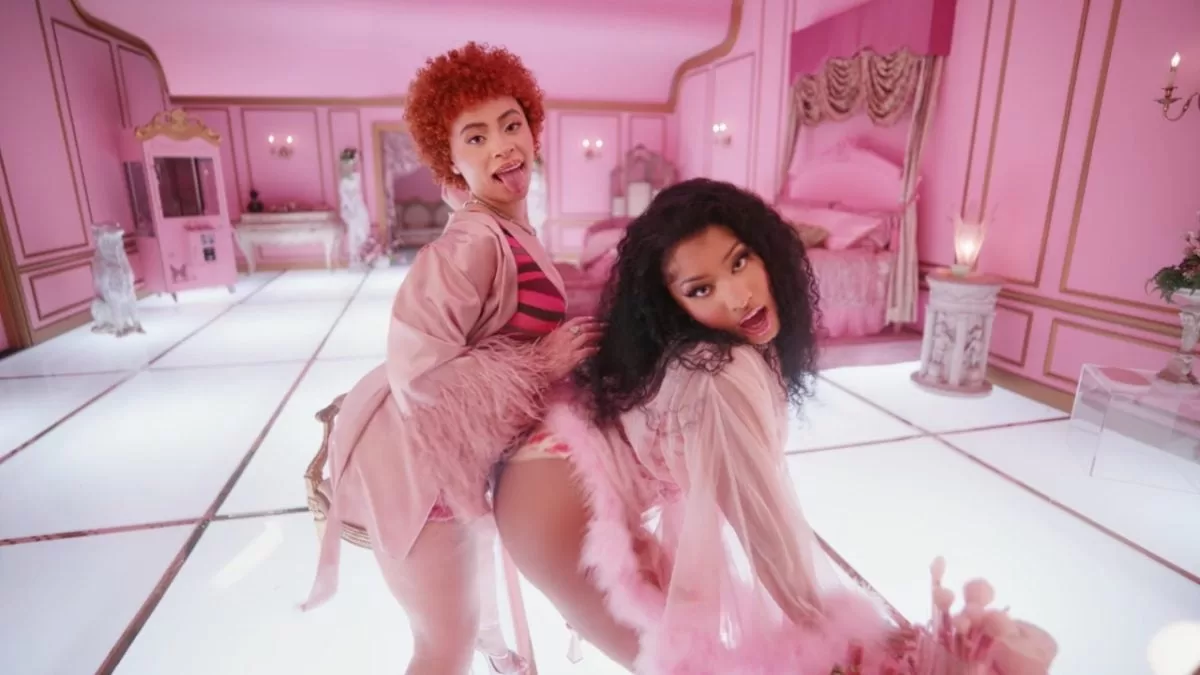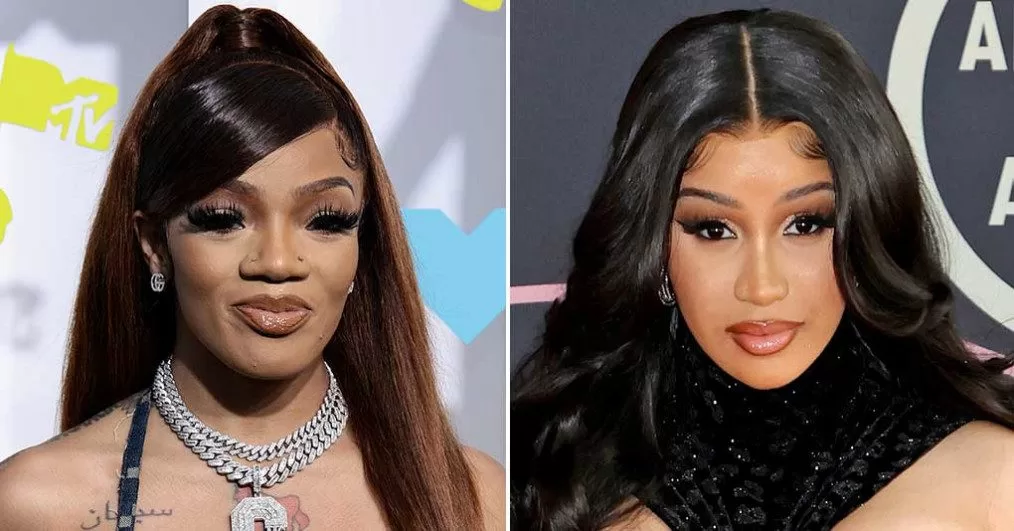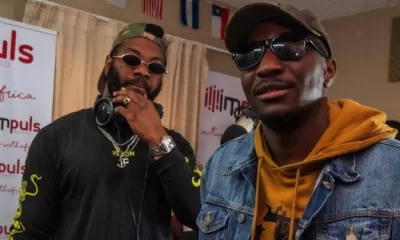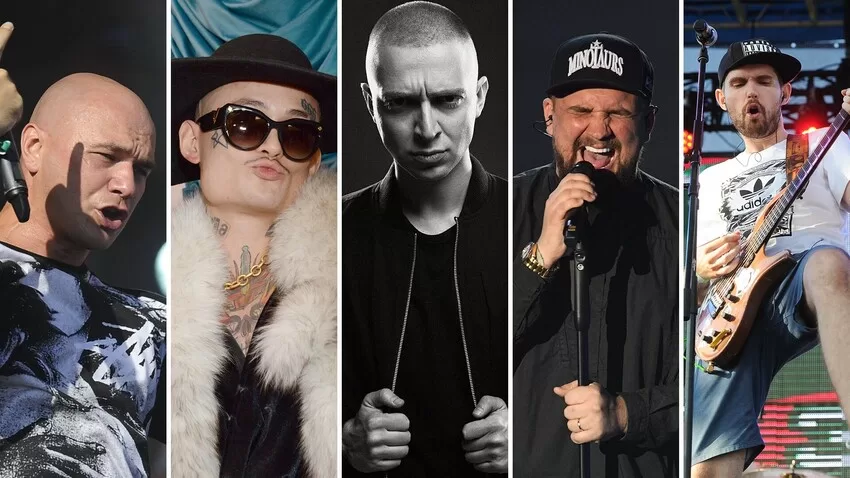Editorial
How Therapeutic Hip Hop Heals Artists

Introduction
In the fast-paced world of the music industry, hip hop artists face tremendous pressure, from constant scrutiny to maintaining a larger-than-life persona. In the midst of this chaotic environment, many artists have turned to therapeutic hip hop music as a means of catharsis and self-expression. This article explores the profound impact of therapeutic hip hop on these artists, diving deep into personal experiences, overcoming adversities, and using music as a medium for healing and growth.
The Evolution of Hip Hop and Its Connection to Therapy
To understand the therapeutic aspects of hip hop music, it is essential to delve into its origins and evolution. Hip hop emerged as a form of self-expression and rebellion in marginalized communities, providing an outlet for artists to voice their struggles and challenges. Originating in the South Bronx in the 1970s, hip hop was a response to the socio-economic challenges faced by African American and Latino communities. It offered a creative escape from the harsh realities of inner-city life.
As the genre evolved, artists began using hip hop as a way to process emotions and confront personal demons, thus laying the foundation for therapeutic hip hop. Early pioneers like Grandmaster Flash and The Furious Five addressed issues such as poverty, violence, and police brutality in their lyrics. This allowed them to connect with their audience on a profound level, as they shared the struggles of their communities.
Catharsis through Rhymes: The Power of Lyricism
One of the core elements of therapeutic hip hop lies in the power of lyricism. Hip hop artists pour their emotions into their verses, sharing their life stories, struggles, and triumphs. Through this process, they find catharsis, allowing them to release pent-up emotions and trauma in a creative and constructive way. This raw authenticity connects with their audience, forming a powerful bond based on shared experiences.
Eminem, a prolific rapper, is a prime example of an artist who has used his music as a form of therapy. He has openly discussed his troubled upbringing, battles with addiction, and struggles with mental health in his lyrics. Through his music, Eminem has not only found solace but has also inspired countless fans who relate to his vulnerability.
Turning Pain into Purpose: Healing Through Storytelling
Therapeutic hip hop often revolves around storytelling, where artists narrate their journeys, including hardships and obstacles faced along the way. By sharing their tales of overcoming adversity, hip hop artists inspire listeners to embrace resilience and find hope amidst despair. The process of storytelling becomes therapeutic not only for the artists but also for the audience, as they see their own struggles mirrored in the music.
Kendrick Lamar, one of the most influential voices in modern hip hop, has used his music to convey powerful narratives about his experiences growing up in Compton, California. He addresses issues like gang violence, poverty, and racial injustice, offering a glimpse into the struggles faced by many in marginalized communities. Through his storytelling, Lamar provides not only a sense of catharsis for himself but also a voice of hope for his listeners.
Addressing Mental Health Stigma: Breaking Taboos in Hip Hop
Mental health has long been a stigmatized topic, particularly within the hip hop community. Historically, the genre’s emphasis on strength, bravado, and success has deterred artists from openly discussing their struggles. However, therapeutic hip hop has played a significant role in breaking down these barriers. Artists like Kid Cudi and Kendrick Lamar have fearlessly addressed their own battles with mental health issues, encouraging others to seek help and find comfort in vulnerability.
Kid Cudi, in particular, has been a prominent advocate for mental health awareness. He has been vocal about his experiences with depression and suicidal thoughts, using his platform to destigmatize mental health struggles. His openness has sparked conversations within the hip hop community and beyond, leading to greater understanding and support for those facing similar challenges.
Music as a Form of Therapy: A Closer Look at Artistic Expression
For many hip hop artists, creating therapeutic music becomes a form of self-therapy. The act of writing, recording, and performing allows them to channel their emotions and experiences, providing a sense of purpose and direction. This creative process also grants them control over their narratives, empowering them to redefine their identities and shed societal stereotypes.
Chance the Rapper is an artist known for using his music as a means of personal growth and healing. In his lyrics, he has touched upon topics like faith, fatherhood, and social justice, reflecting on his life’s journey. By engaging in this artistic expression, Chance the Rapper has found a path to self-discovery and positive transformation.
Unity and Community: Hip Hop as a Supportive Network
Therapeutic hip hop goes beyond individual healing; it fosters a sense of community and unity among artists and their fans. Through their music, artists build connections with their listeners, creating a safe space for shared experiences and collective growth. This support network offers a profound sense of belonging, which can be transformative for individuals facing isolation or adversity.
The power of hip hop to bring people together was demonstrated in the aftermath of Hurricane Katrina in 2005. New Orleans-based artists, such as Lil Wayne and Master P, used their music to raise awareness about the devastation caused by the hurricane and to rally support for those affected. The hip hop community’s united response showcased the genre’s ability to be a force for positive change and healing.
Overcoming Trauma: How Therapeutic Hip Hop Saves Lives
Countless hip hop artists have revealed that therapeutic music has literally saved their lives. The ability to externalize their inner turmoil and find solace in creativity has helped them battle addiction, depression, and suicidal thoughts. These artists share their stories to inspire others, shining a light on the transformative power of music as a healing force.
Logic, an artist known for his introspective and emotive lyrics, has openly discussed his struggles with mental health and suicidal ideation. In his song “1-800-273-8255,” named after the National Suicide Prevention Lifeline, Logic addresses the importance of seeking help during dark times. The song became a powerful anthem, resonating with many who found hope in its message.
Therapeutic Hip Hop in Practice: Case Studies
In this section, we delve into case studies of prominent hip hop artists who have embraced therapeutic music as a tool for healing. We analyze the impact of their work on themselves, their careers, and their audiences, highlighting the positive changes brought about by this form of expression.
One case study could focus on the artist Kanye West, whose journey through mental health challenges has been well-documented. From his struggles with bipolar disorder to the cathartic nature of his music-making process, Kanye’s story offers valuable insights into the therapeutic potential of hip hop.
In conclusion herapeutic hip hop has proven to be a potent force for transformation, offering artists an avenue to process emotions, confront adversities, and heal from trauma. Through the power of lyricism, storytelling, and community support, hip hop artists have redefined the boundaries of the genre, turning it into a therapeutic art form. As this movement continues to grow, we can expect more profound connections between artists and listeners, and a new generation of hip hop artists who embrace their vulnerabilities as strengths, inspiring millions along the way.
Hip hop’s journey towards mental health awareness and acceptance is ongoing but its impact is undeniable. Through honest self-expression, community support, and a platform to address taboo topics, therapeutic hip hop has transformed lives, offering hope, healing, and unity in a world that often seems isolating and chaotic. As we look to the future, let us celebrate the power of music in all its forms, recognizing its potential to uplift, heal, and empower the human spirit.






































